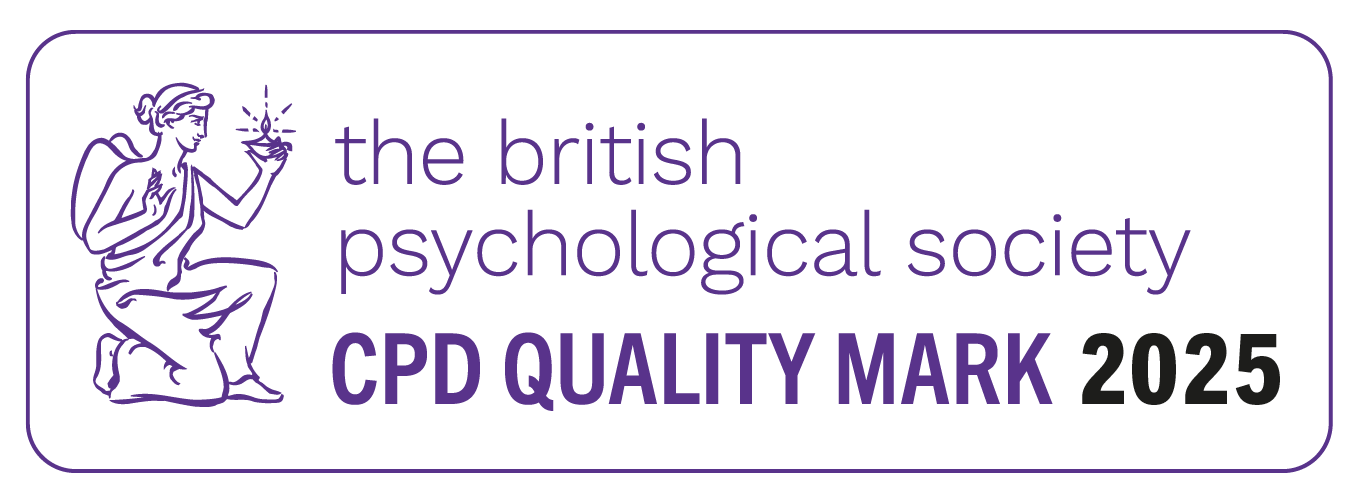It has long been known that the way we think, and how we deal with our thoughts, plays a big part in our happiness, resilience and mental health. Mindfulness is firstly about awareness and the ability to live in the present moment. Meditation is one of the ways in which we can learn to be mindful. In a therapeutic / developmental sense, mindfulness is a mind-body based, psychosensory approach that can help people change the way they think and feel about their experiences, especially stressful experiences.
Mindfulness meditation is at the heart of Mindfulness-Based Interventions (MBIs), which include, Mindfulness Based Cognitive Therapy (MBCT) and Mindfulness Based Stress Reduction (MBSR). Both offer pathways to paying attention to the present moment, using a variety of therapeutic approaches.
MBCT is recommended by the National Institute for Health and Care Excellence (NICE) for the prevention of relapse in recurrent depression. It combines mindfulness techniques like meditation, breathing (mind and body awareness) with elements from cognitive behaviour therapy (CBT) to help break the negative thought patterns that are characteristic of recurrent depression.
MBSR was originated by Dr Jon Kabat-Zinn and colleagues at The University of Massachusetts Medical Centre and, in addition to helping people manage serious stress, it helps them deal with anxiety, pain and illness.
Mindfulness is a potentially life-changing way to alter our feelings in positive ways, and an ever-expanding body of scientific evidence shows that it really does work, not just for depression but also to help people deal with anxiety, as well as emotional and physical pain.
Mindfulness training helps us become more aware of our thoughts and feelings so that instead of being overwhelmed by them, we’re better able to manage them. Taking a course in Mindfulness can help people to have a real understanding of their emotions, boost their focus and concentration and even improve their relationships.









